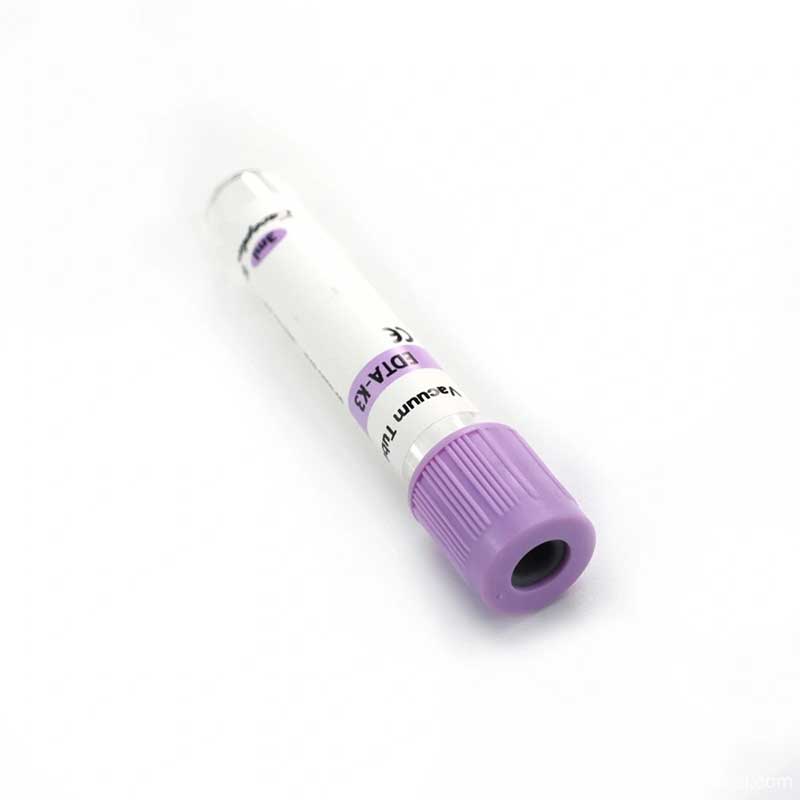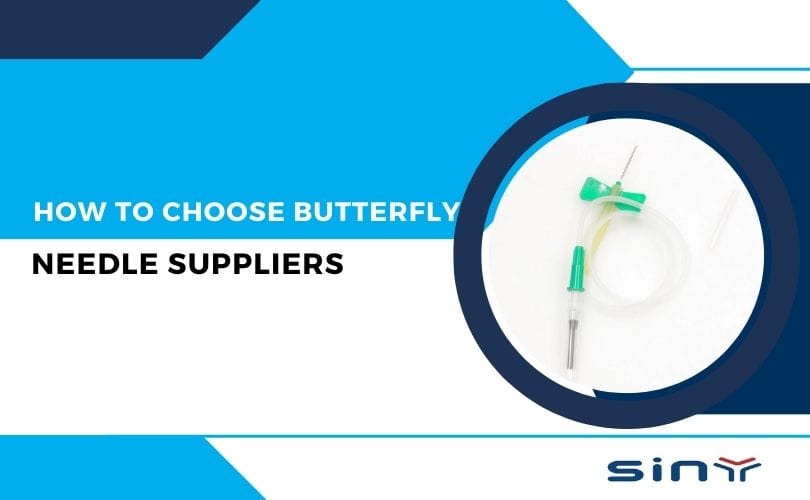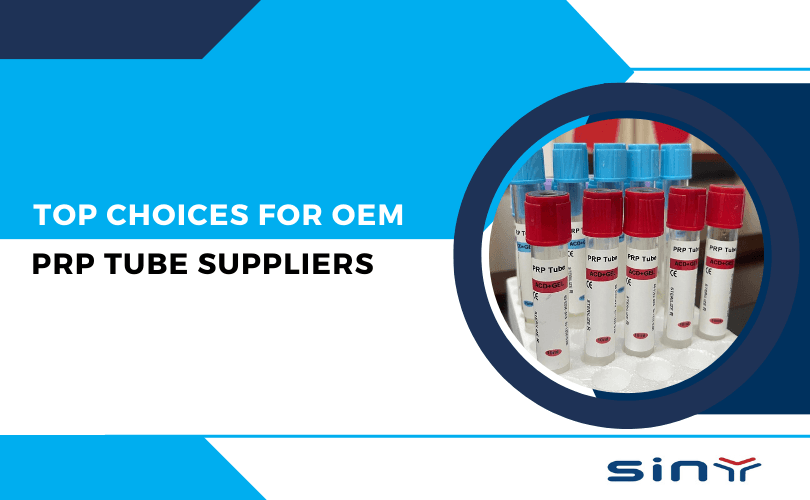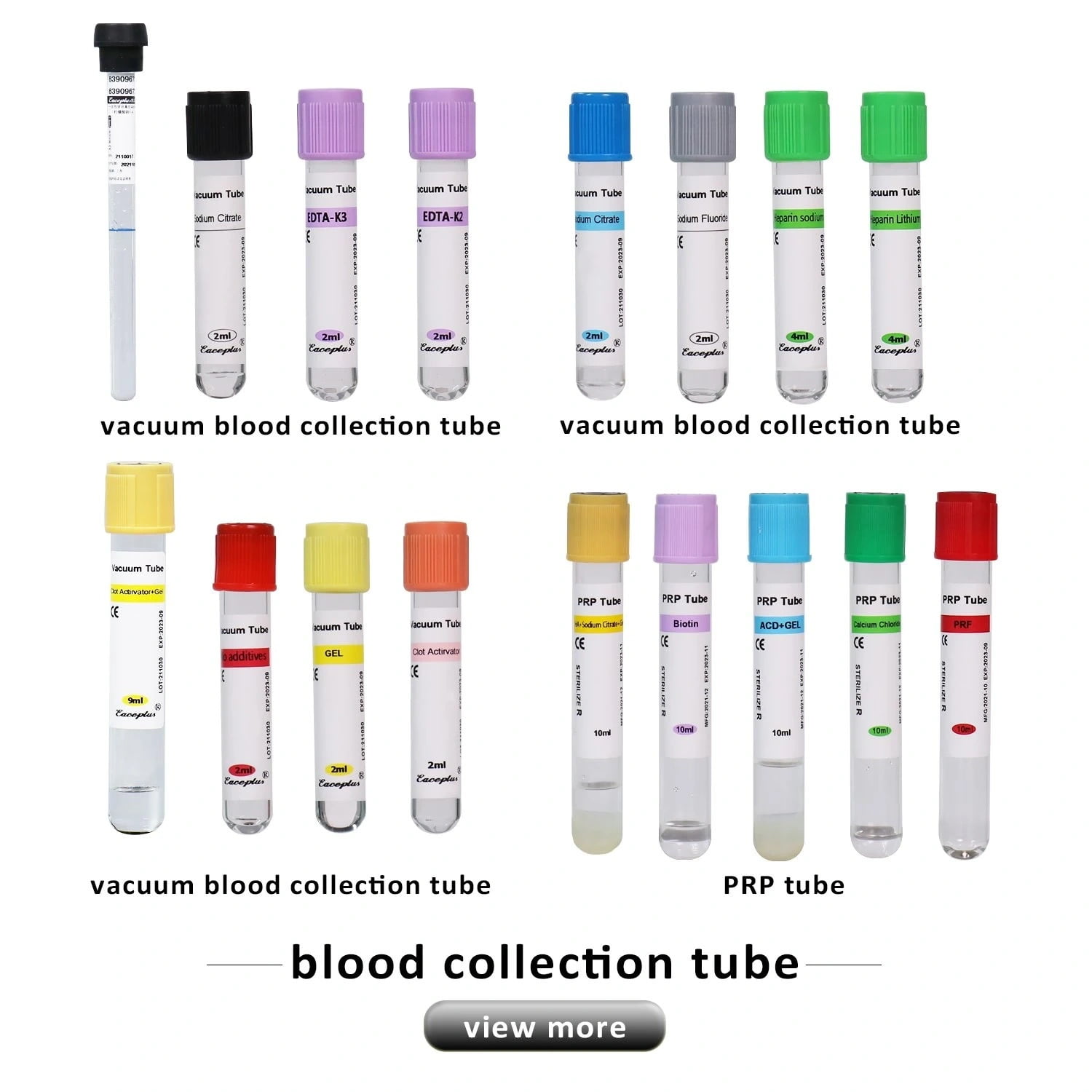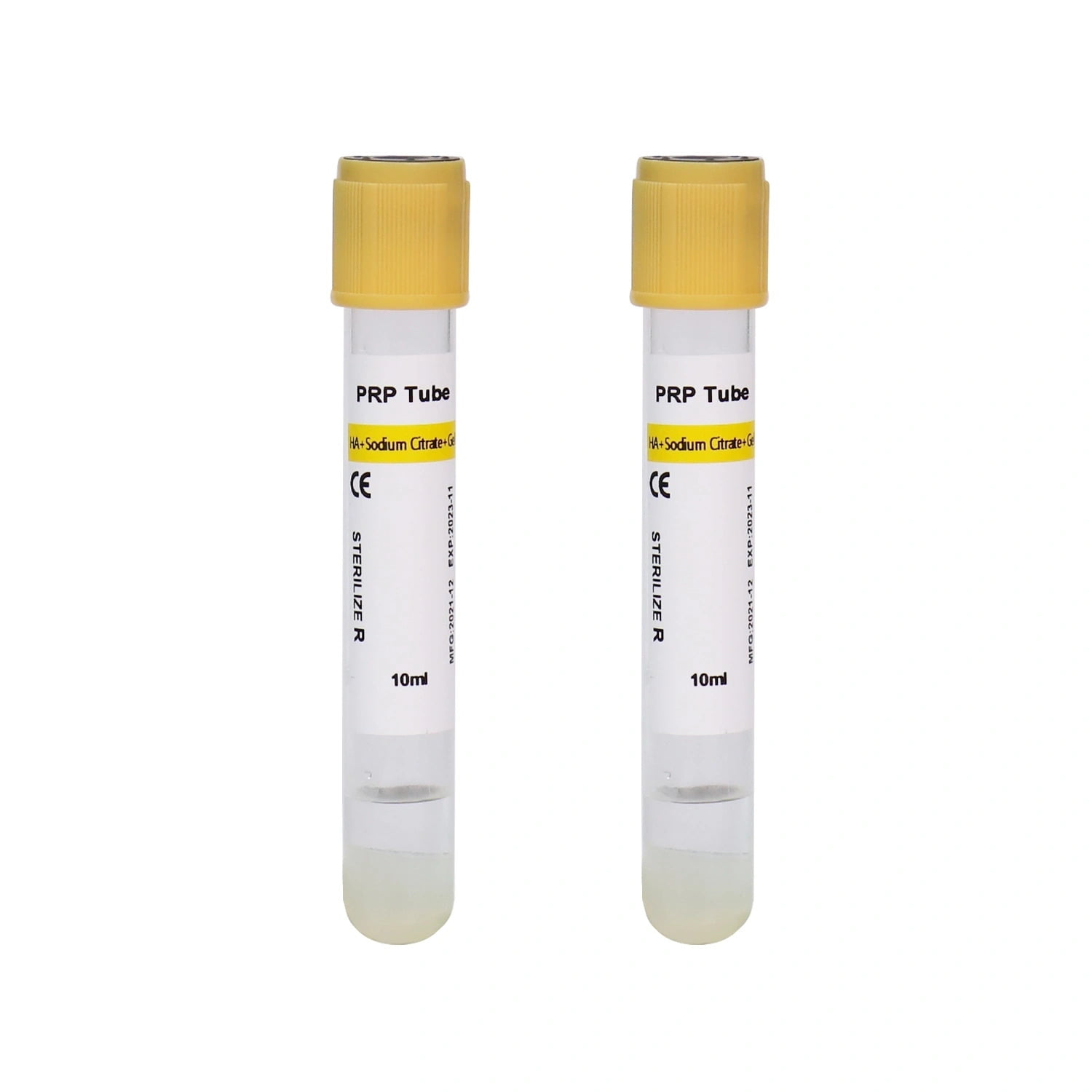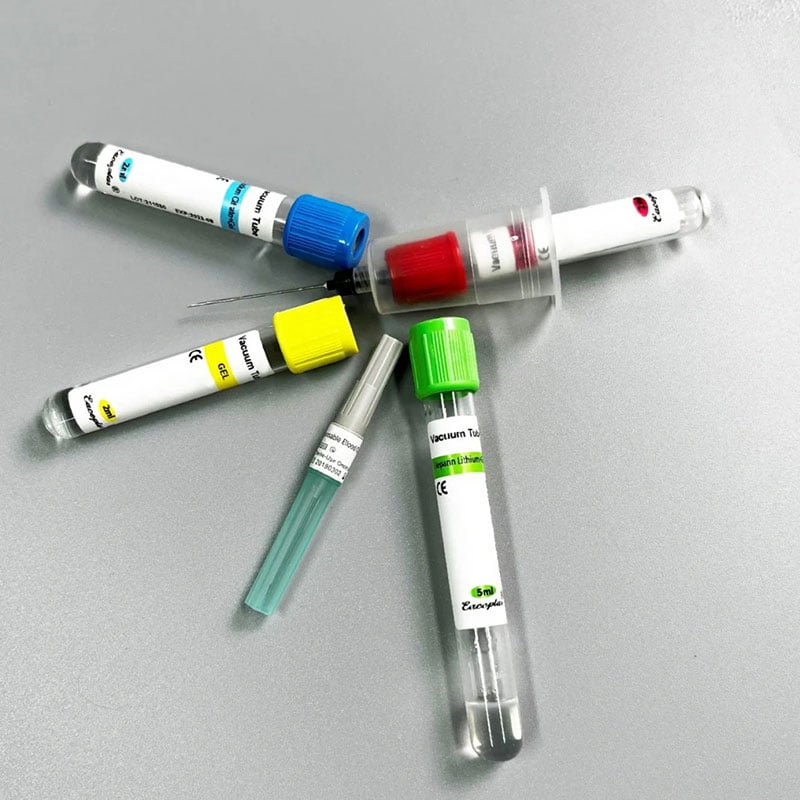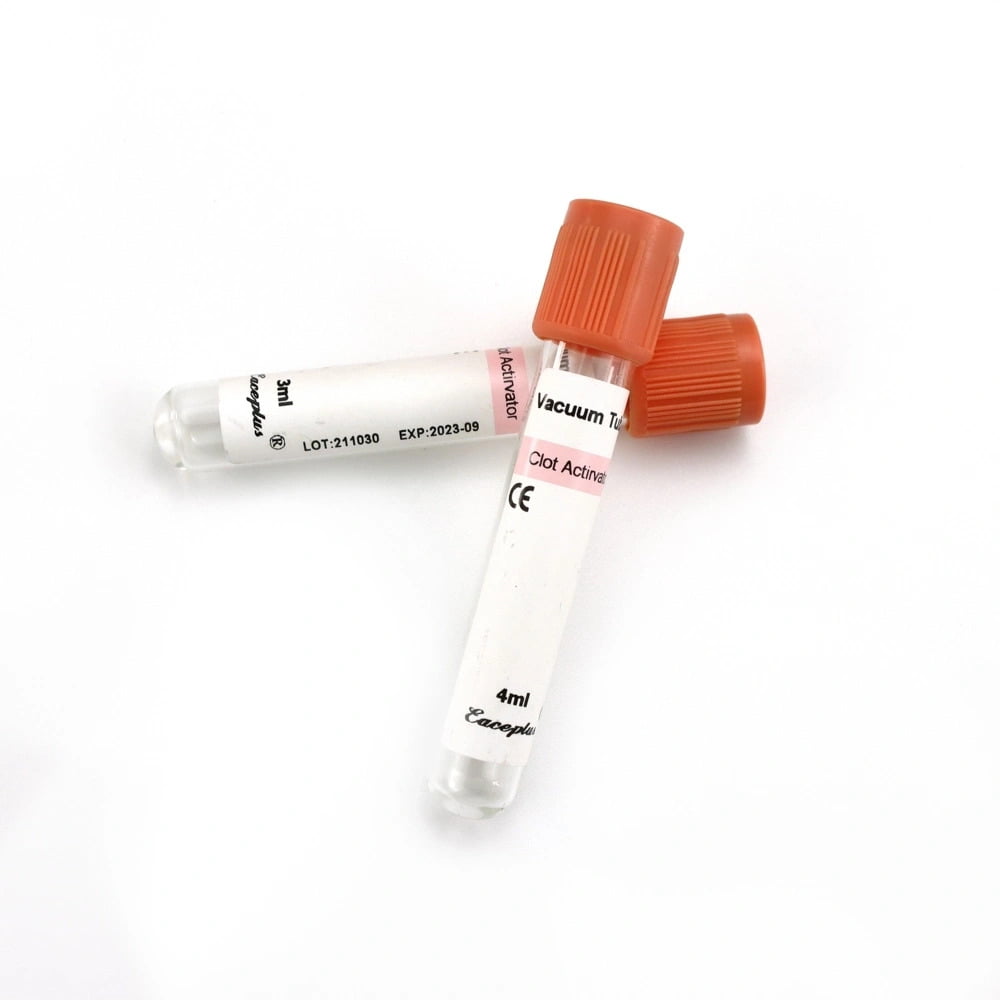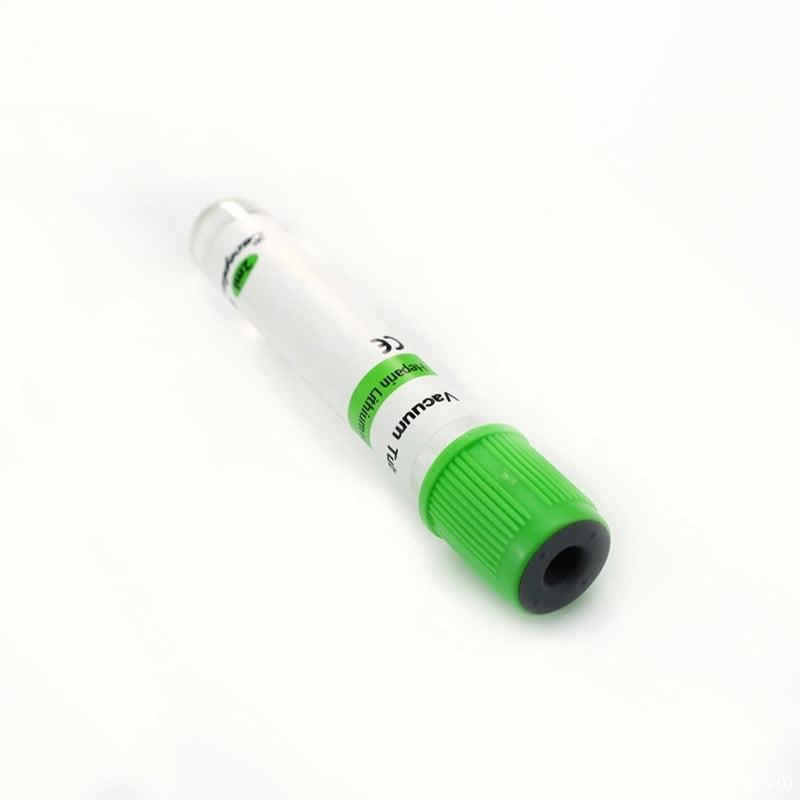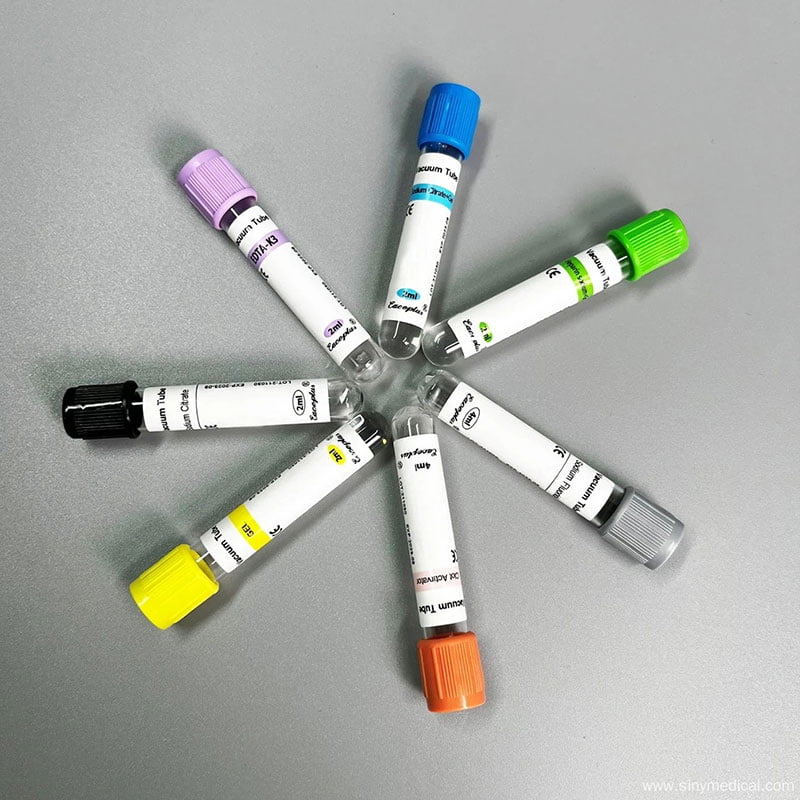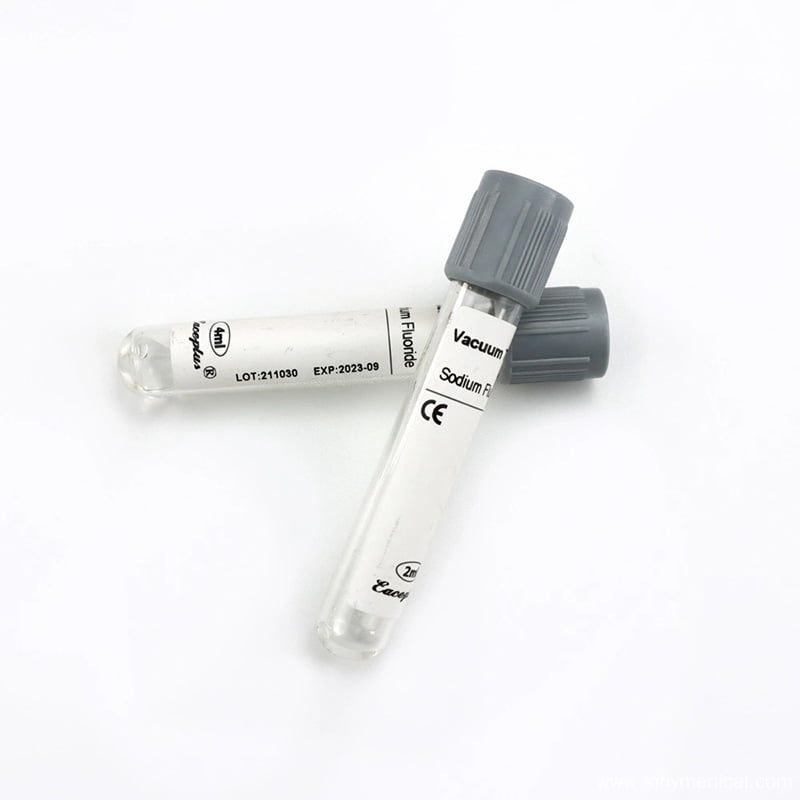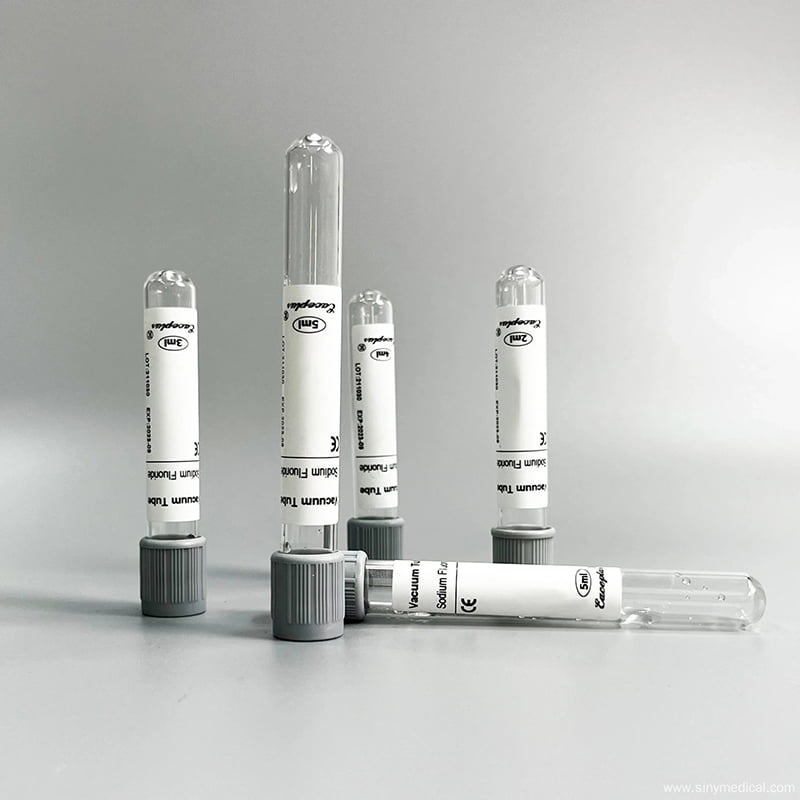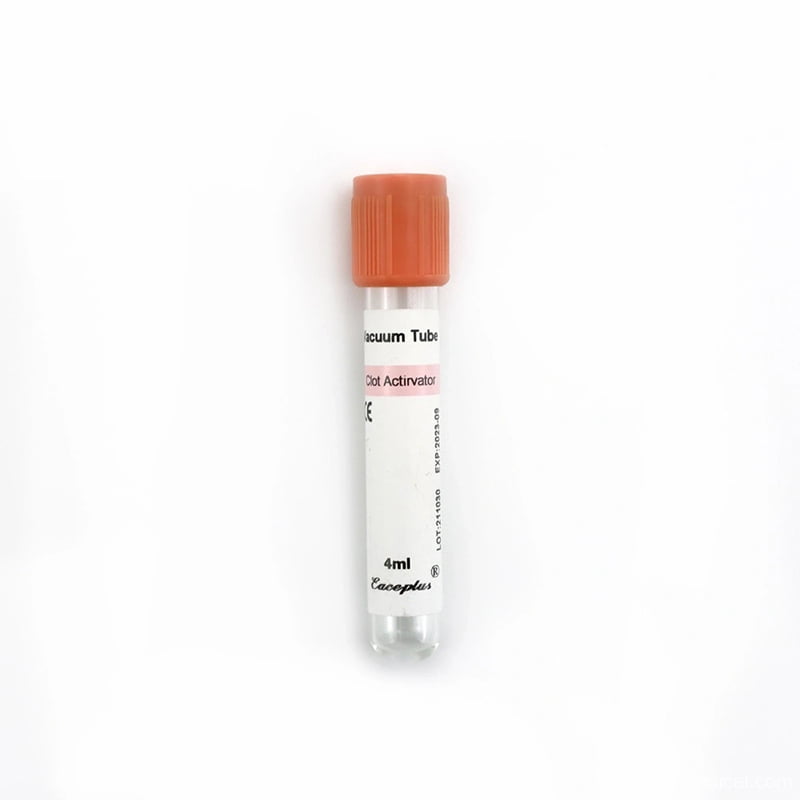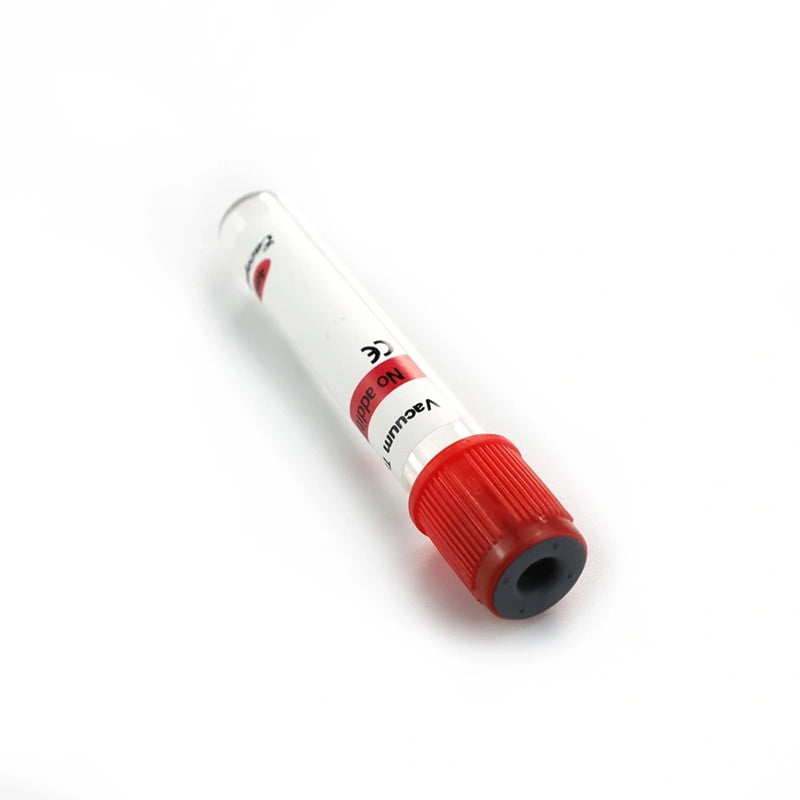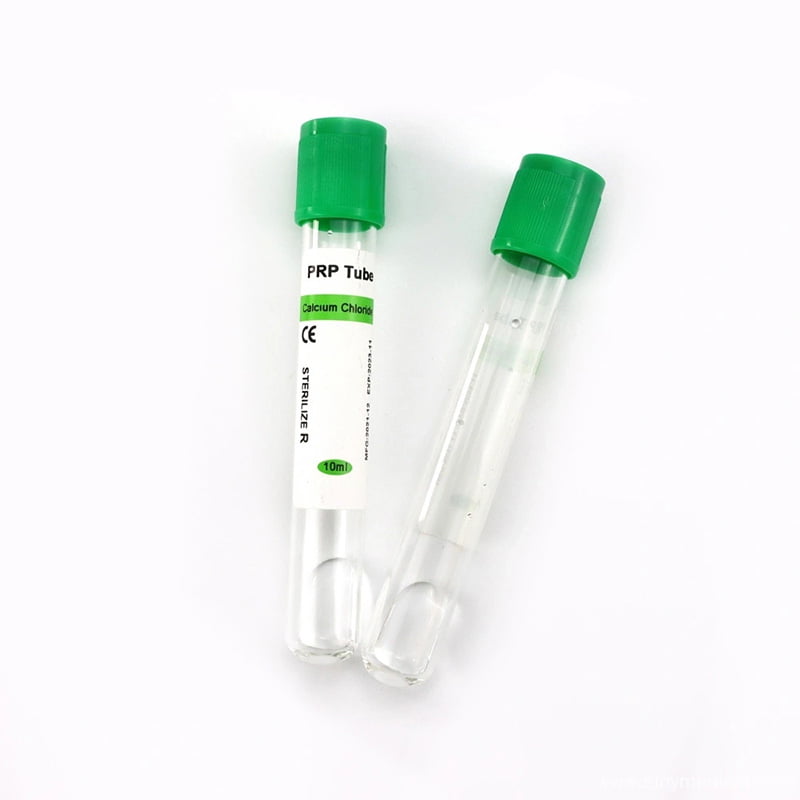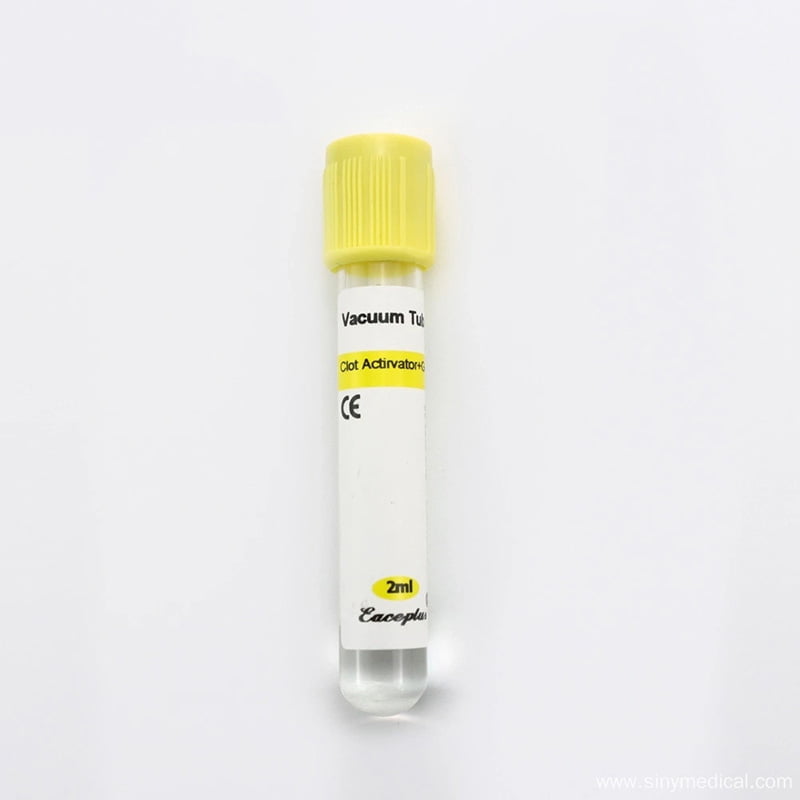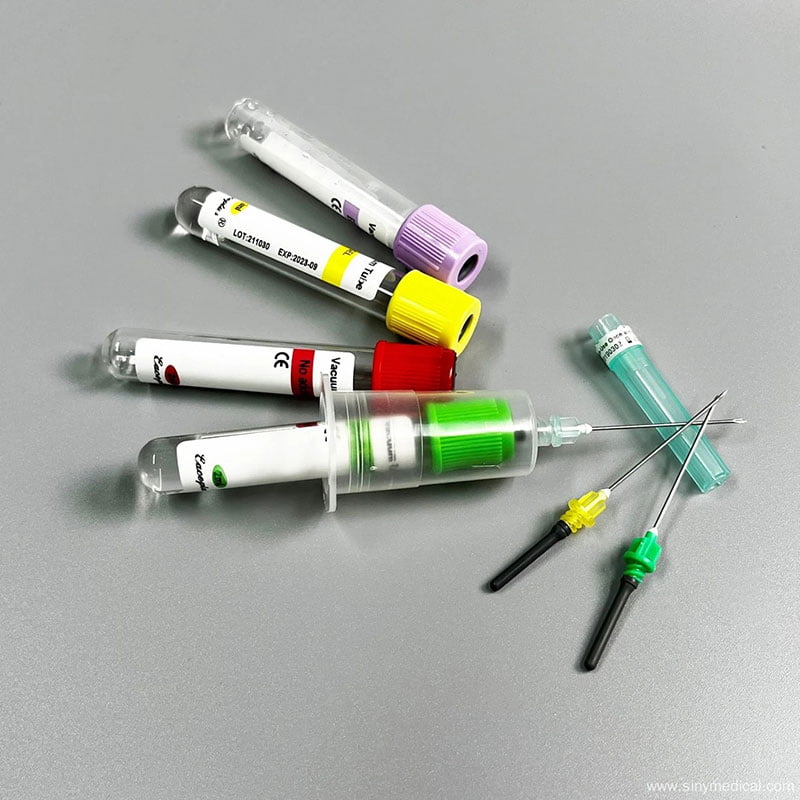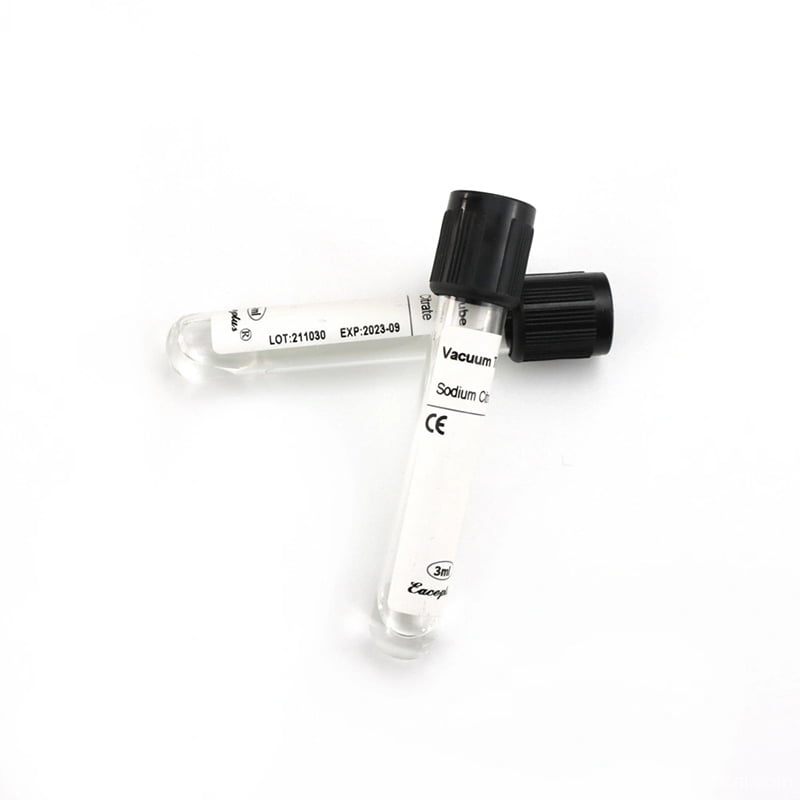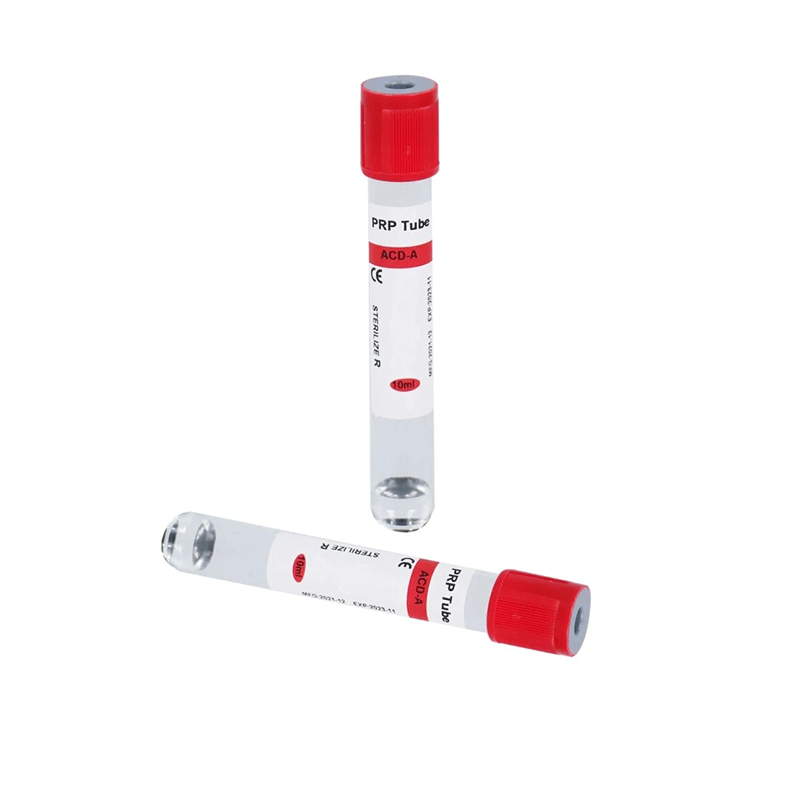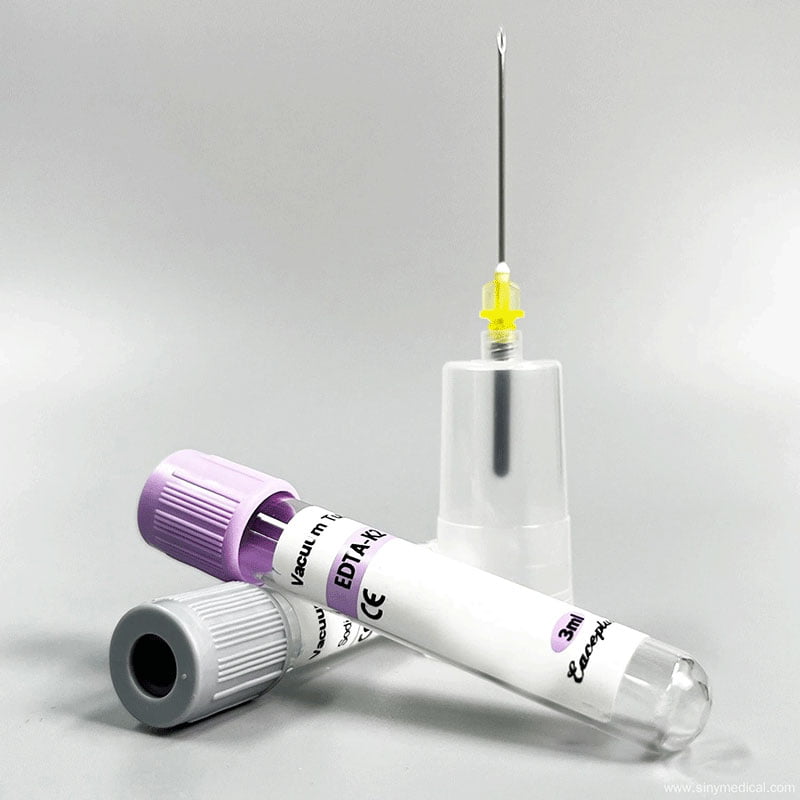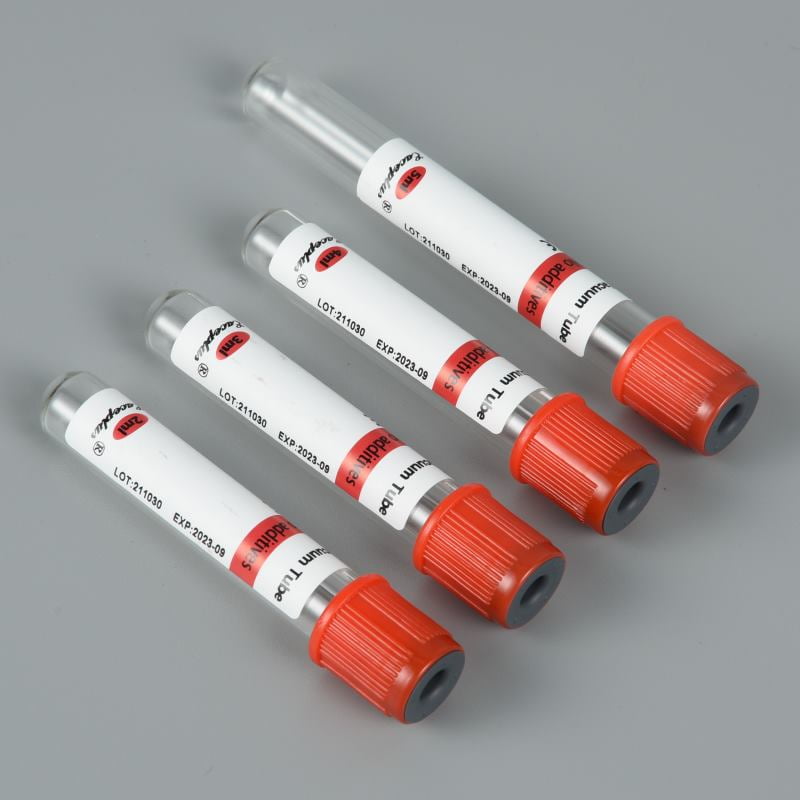Prefilled syringes are a convenient and efficient way to administer medication. In this article, we will discuss the composition of prefilled syringes and the different ways in which they can be used. We will explore the advantages of using prefilled syringes and how they can help to improve patient care. We will also look at the potential drawbacks of using prefilled syringes and the safety considerations that should be taken into account.
Table of Contents
What is a Prefilled Syringe?
A prefilled syringe is a medical device that consists of a glass or plastic syringe containing a predetermined amount of medication. It is used to facilitate the administration of medication to a patient without the need to measure or mix the medication. The syringe is typically pre-filled with a single dose of medication and is designed for single use only. Prefilled syringes are available in a wide range of sizes and configurations, including those with needles, disposable syringes with integrated needles, and those with integrated safety features such as needle shields and blunt-tip needles. Prefilled syringes are increasingly being used in many medical settings, including both hospital and ambulatory care settings. They offer a number of advantages over traditional vials and ampules, including ease of use, improved safety, reduced medication errors, and cost savings. Prefilled syringes are a convenient and safe way to deliver medication to patients, particularly those who are elderly, disabled, or have difficulty administering their own medications.

Types of Prefilled Syringes
Prefilled syringes are becoming increasingly popular in the medical industry due to their convenience and ease of use. These syringes are pre-filled with a particular type of medication, which can be injected directly into a patient’s body for fast relief of symptoms. There are a variety of types of prefilled syringes available, each designed to deliver a specific dose of medication.
The most common type of prefilled syringe is the pre-filled insulin syringe. This type of syringe is used to deliver insulin to individuals with diabetes. The syringe is designed to deliver a precise dose of insulin, which can help to regulate a patient’s blood sugar levels. These syringes can be used for both short-term and long-term treatment of diabetes.
Another type of prefilled syringe is the prefilled syringe with an anti-coagulant. This type of syringe is used to deliver anticoagulant medication to patients who have clotting disorders. The syringe is designed to deliver a precise dose of the medication and can help to reduce the risk of clotting in the patient’s blood vessels.
Finally, there are prefilled syringes with pain relief medication. These syringes are used to deliver a specific dose of pain relief medication to patients who are suffering from chronic or acute pain. The syringe is designed to deliver a precise dose of the medication and can help to reduce the patient’s pain levels.
Prefilled syringes are an invaluable tool in the medical industry and can help to provide patients with fast relief from a variety of medical conditions. These syringes are easy to use and can help to deliver precise doses of the medication quickly and efficiently. If you are looking for a convenient and efficient way to administer medication, then a prefilled syringe may be right for you.

Benefits of Prefilled Syringes
Prefilled syringes are a major breakthrough in the medical world, offering a much safer and more accurate way of administering medication. These syringes come pre-filled with a specific dose of medication, eliminating the need for bulky, expensive and often inaccurate syringe-filling equipment. The syringes are also designed to self-seal after use so that they can be safely disposed of without any risk of cross-contamination. This makes them much more hygienic than traditional syringes.
Prefilled syringes are more efficient than traditional syringes because they can be quickly and accurately used to administer medication. This reduces the chance of user error and the potential for contamination. They also reduce the risk of accidental needle-stick injuries, since the user does not need to manually fill the syringe. Furthermore, these syringes reduce the risk of medication errors due to incorrect dosage calculations.
Prefilled syringes also offer cost savings. Since the medication is already contained within the syringe, there is no need for the additional equipment and supplies required to fill traditional syringes. This can result in significant savings for healthcare providers. Additionally, since the syringes are self-sealing, there is no need for additional waste disposal or treatment. This reduces costs associated with safe syringe disposal.
Overall, prefilled syringes offer a much safer and more efficient way of administering medication. They can reduce the risk of user error, accidental needle-stick injuries, medication errors, and waste disposal costs. This makes them a great option for healthcare providers looking to improve patient safety and reduce costs.
Composition of Prefilled Syringes
Prefilled syringes are an important component in the medical industry, and there is a considerable amount of research and development that goes into the composition of the device. Generally speaking, prefilled syringes consist of a glass barrel filled with a liquid drug solution and a plunger to inject the contents. The plunger is attached to a needle with a stopper that is used to control the amount of the drug solution that is injected. The barrel of the syringe is typically made from a type of glass called borosilicate, which is resistant to chemical and temperature changes. The plunger is usually made from a rubber or plastic material and is designed to create a seal within the barrel to prevent leakage. The stopper is also made from a rubber or plastic material and is designed to fit snugly within the barrel. The needle is typically made from stainless steel and is designed to penetrate the skin in a safe and effective manner. In addition to these components, prefilled syringes may also contain additional materials such as preservatives, additives, and stabilizers. These materials are necessary to ensure the drug solution remains safe and effective for use.
Manufacturing Process of Prefilled Syringes
The manufacture of prefilled syringes is a complex process, requiring the use of sophisticated equipment, strict safety protocols and precise attention to detail. The process begins with the selection of the raw materials, which must be of the highest quality and meet all applicable requirements for medical use. The components are then carefully inspected and tested for safety and quality control purposes. Once approved, they are sterilized and ready for assembly.
The next step is the assembly of the prefilled syringes. This involves carefully fitting various components, such as the barrel, plunger, needle, and other components into the syringe body. The components must be precisely placed and securely affixed in order to ensure the correct function of the syringe. Once the assembly is complete, the syringe is inspected for quality and accuracy.
The syringe is then filled with the desired medication or other substance, which must be accurately measured and dispensed. The filling process is carefully monitored and controlled to ensure that it meets all safety and quality standards. The filled syringe is then sealed and labelled for shipping and distribution.
Finally, the prefilled syringes are subjected to rigorous testing to ensure safety and quality. This includes leak tests, force tests, dimensional checks, and visual inspections. Once the prefilled syringes pass all of these tests, they are ready for distribution and use.
Quality Control of Prefilled Syringes
The quality control of prefilled syringes is an important process in the production of medical products. It is essential to ensure that the syringes are of the highest quality and that they are safe for use. Quality control of prefilled syringes involves a variety of different processes and tests.
The first step in quality control of prefilled syringes is to check the syringe components for defects. This can include checking for cracks, breaks, and other signs of damage. The syringe material should also be tested to make sure it is of the highest quality and free of contamination. This includes testing the material for any sign of mould, bacteria, or other contaminants.
The next step is to inspect the syringe for any defects in its design. This includes ensuring that the plunger mechanism is working correctly, that the needle is correctly sized and positioned, and that the syringe is properly sealed. Any irregularities can result in leakage or improper drug delivery.
The third step is to conduct a sterility test. This test is important to make sure that the syringe is free of any contaminants that could cause an infection. This includes testing the syringe for any signs of microbial growth. The sterility test should also include a visual inspection of the syringe to ensure that it is free of any foreign materials.
Finally, the fourth step is to conduct a functional test. This test is used to make sure that the syringe is functioning properly. This includes testing the plunger mechanism and checking for any signs of leakage. It is also important to test the syringe for proper drug delivery.
Quality control of prefilled syringes is an important part of the production process. It is essential to ensure that the syringes are of the highest quality and free of any defects or contaminants. The tests and inspections should be done regularly to ensure that the syringes are safe to use.
Conclusion
Prefilled syringes are a convenient and efficient way to deliver medications to patients. They are composed of a variety of components and materials, and the choice of these components and materials depends on the specific medication and its intended use. Prefilled syringes are designed for single use, and proper disposal is important for safety and hygiene. With proper use and disposal, prefilled syringes can be an effective way to provide medications to patients.

